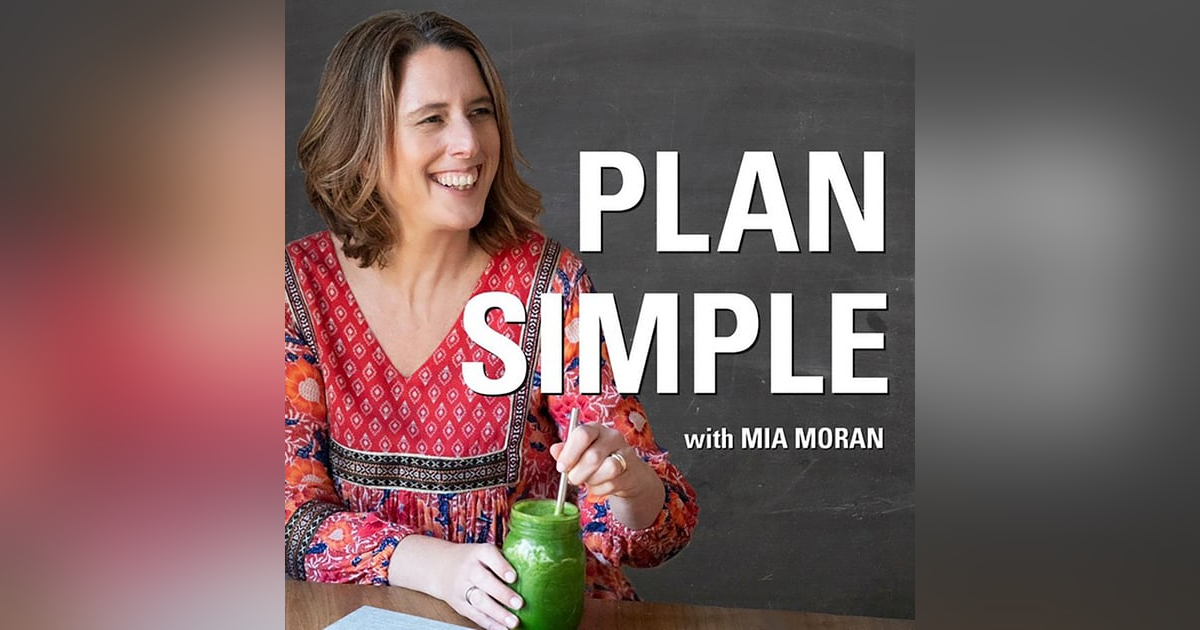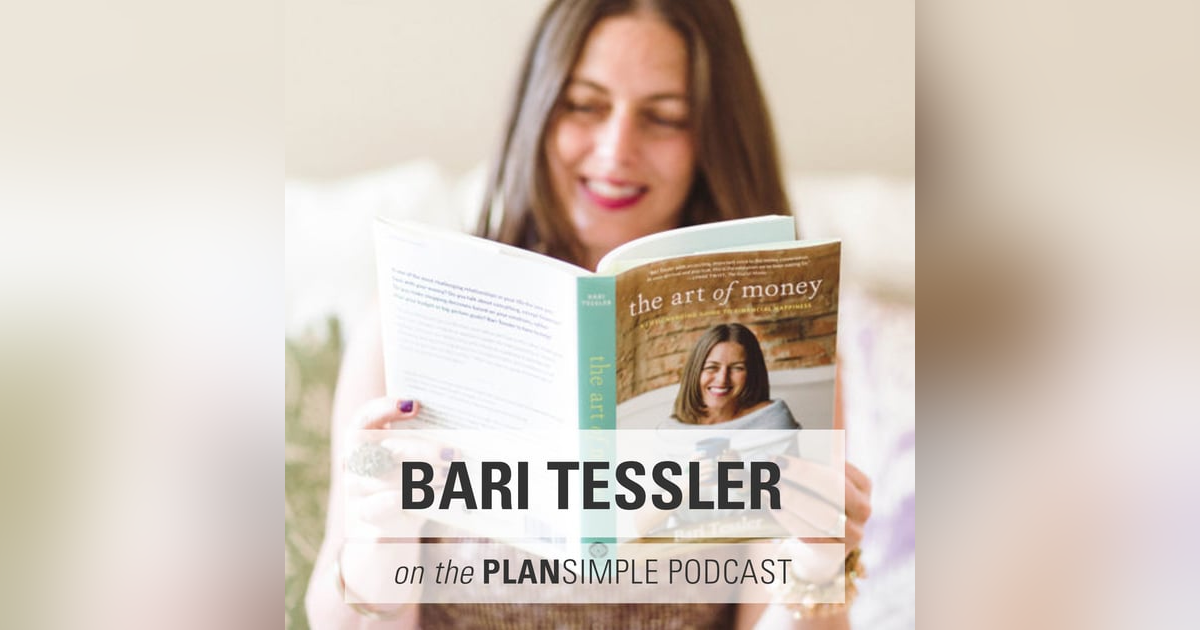
Sign up to get updates from us
By signing up, you agree to receive email from this podcast.

Most of us were not taught how to have a relationship to money … We’re learning it as adults. It needs to be done in baby steps. There’s lots of learning curves. We need to be loving, gentle and compassionate around it. – Bari Tessler
On this episode of the Plan Simple Meals Podcast, I’m so excited on many levels to talk with Bari Tessler about money and mindset. Her approach to money is really similar to the way I approach food and health.
Bari trained as a psychotherapist and brings that framework to her money methodology. We talk about bringug attention and awareness and compassion to all the big areas of life that are challenging or that we have shame around—including our relationship to money. I love that she does so much work with healing to start our money work.
She recognizes that most of us are never taught to have a relationship with money or how to have conversations about money. As we learn these things as adults, we need to baby steps and accept the learning curve. And we need to be loving, gentle and compassionate to ourselves around money and this learning process.
We talk about:
BIO
Bari Tessler Linden, M.A., is a Financial Therapist, Mentor Coach and Mama-preneur. She has guided thousands of people to new, empowered, and refreshingly honest relationships with money through her nurturing, body-centered approach. Her methodology weaves together personal, couple, and creative entrepreneurial money teachings into one complete tapestry. She is the founder of The Art of Money: a global, year-long money school, which integrates Money Healing, Money Practices and Money Maps. Her work has been featured on Oprah.com, Inc.com, the Huffington Post, US News & World Report, Reuters Money, The Fiscal Times, USA Today, The Cut, Girlboss, Nerd Wallet, The Simple Dollar, REDBOOK Magazine and Experience Life Magazine. Bari is also the author of The Art of Money: A Life-Changing Guide to Financial Happiness, published by Parallax Press.
LINKS
Doable Changes from this episode: